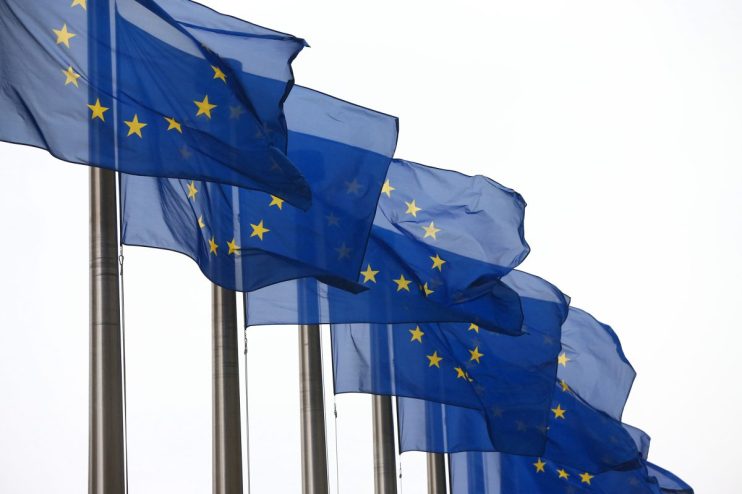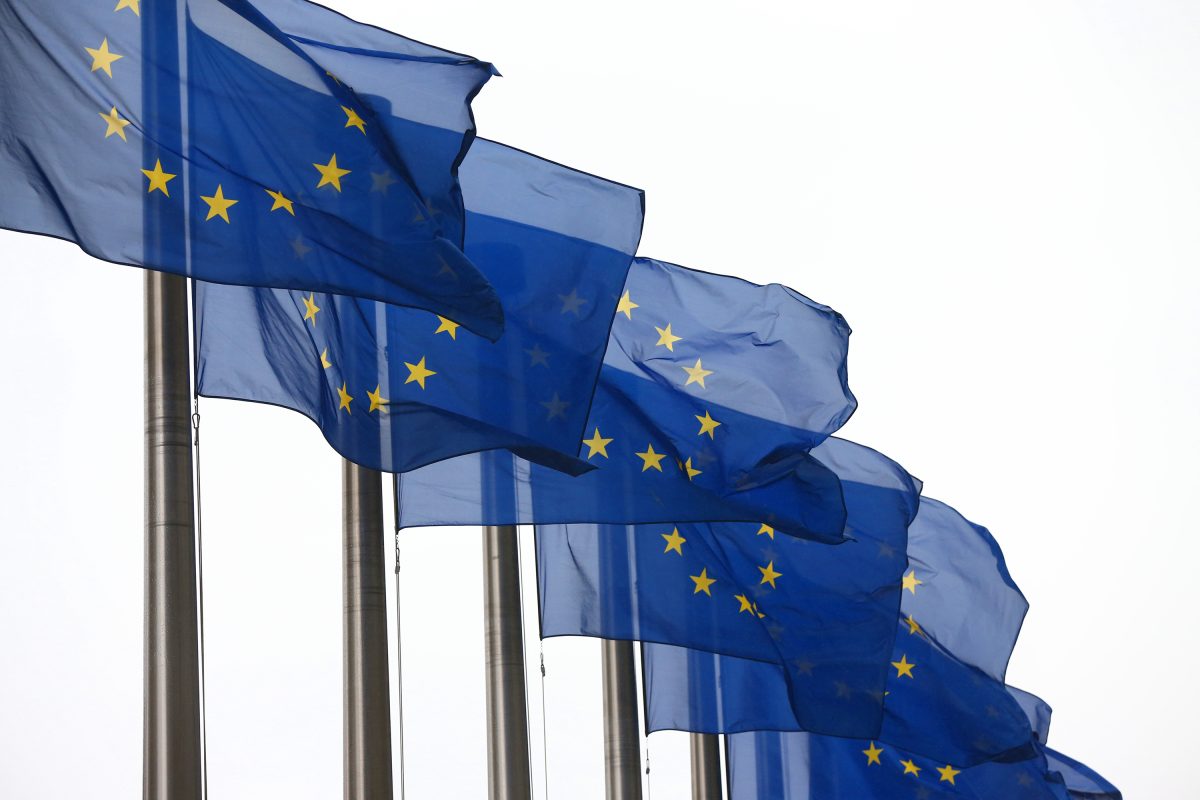Friday 12 September 2025 3:20 pm
| Updated:
Friday 12 September 2025 3:21 pm
Share
 The EU Data Act comes into force on Friday
The EU Data Act comes into force on Friday
The European Union (EU) Data Act, which is designed to boost the region’s data economy and support a more competitive market, is the latest piece of legislation putting technology under the spotlight.
With this new law, the EU aims to build an internal market where data can move freely, unlocking more opportunities for businesses, individuals, and public institutions alike.
The European Commission first put forward the law in 2022 to require smart device manufacturers to design products that make it straightforward for users to access and share their own data.
The Act was formally approved by the European Parliament in late 2023, and enforcement began at the start of last year; however, its main provisions will only take effect from 12 September.
It was made to target businesses that manufacture or provide access to data from connected products (IoT devices), data processing services (cloud providers), and public authorities.
Deloitte stated “organisations will need to adapt and adjust.” If found violating these new rules, businesses could face fines of up to €20m (£17.3m), or four per cent of a company’s total global annual revenue, whichever is higher.
The law also extends worldwide, which affects all companies that operate in the EU market.
Anita Hodea, associate at law firm Katten Muchin Rosenman, said: “The Act encompasses all data processing activities, covering both personal and non-personal data.”
“For companies, the Act requires designing products for accessible and secure data, enabling fair third-party sharing and improving transparency,” she added.
Read more
Why the Online Safety Act has become a political nightmare
Chris Gow, senior director at Cisco, said: “The Act currently introduces overlapping and complex requirements for transferring non-personal data, especially for companies handling mixed data sets.”
“Data privacy and security must always come first, but rules for transferring data across borders should be balanced and based on actual risks,” he added.
Focus on Big Tech
The new law, enacted today, joins the flurry of laws the Commission has been enacting over recent years, including its Digital Markets Act, as the EU focuses its attention on Big Tech firms.
Over the years, the EU has imposed multi-billion-pound fines on Big Tech, including nearly €3bn against Alphabet’s Google for anti-competitive practices earlier this month.
Back in April, the Commission took its first enforcement actions under the Digital Markets Act, resulting in the imposition of significant fines on Apple and Meta, totalling £600m.
However, Big Tech firms are trying to push back. Fresh on the launch of its new iPhone and AirPods, Apple showcased its new real-time translation feature directly through the earbuds.
A feature that would be beneficial to a region with 24 official languages; however, Apple stated that this feature won’t work for users in Europe. It was reported that Apple was blocking the functionality due to its interpretation of the EU’s Digital Markets Act.
A decision that confused the Commission, with a spokesperson saying, “We are not able to understand the nature of Apple’s concerns.”
Read more
Reeves warned against gambling tax as EU black market hits £70bn
Similarly tagged content:
Sections
Categories
People & Organisations
